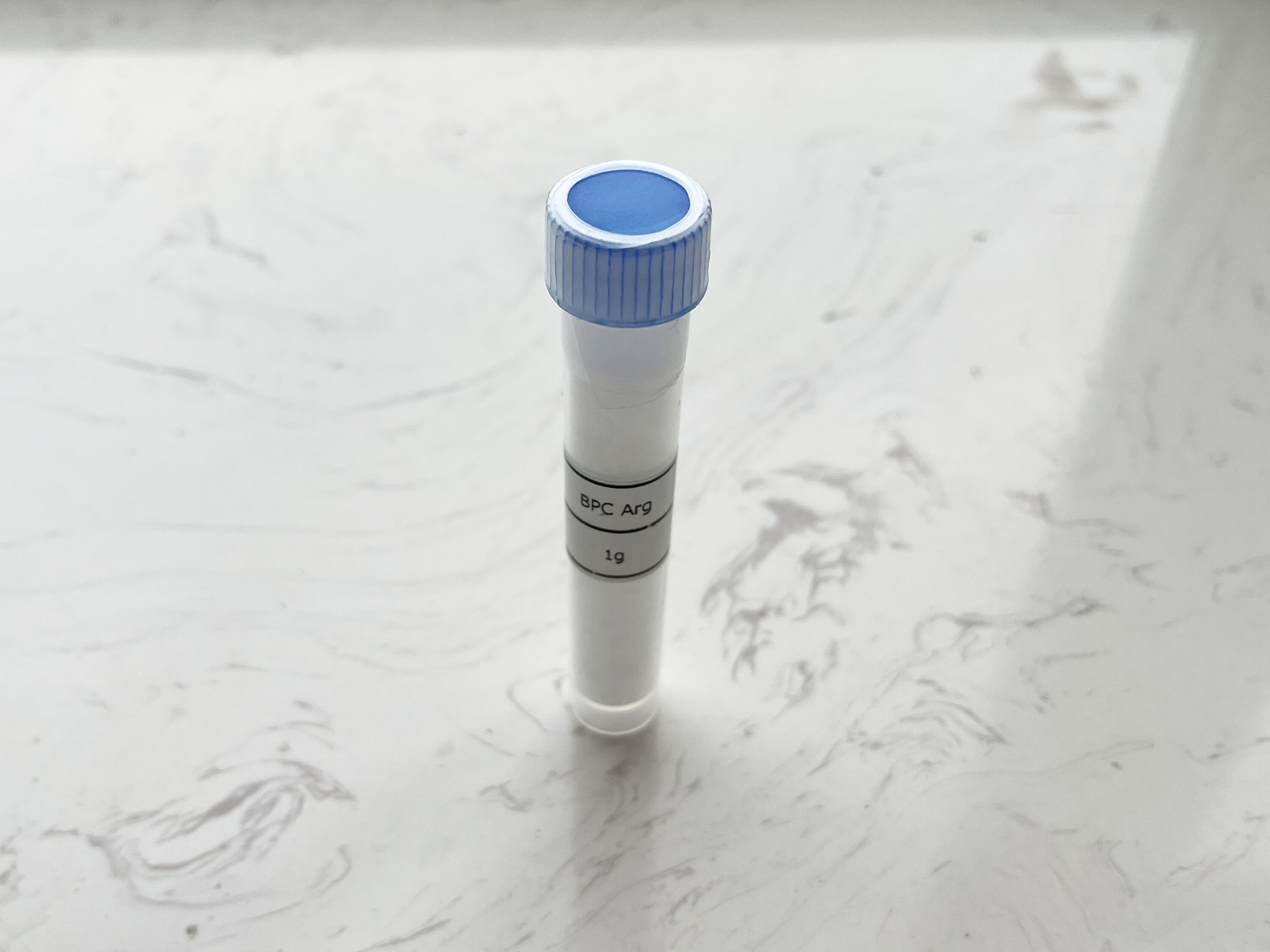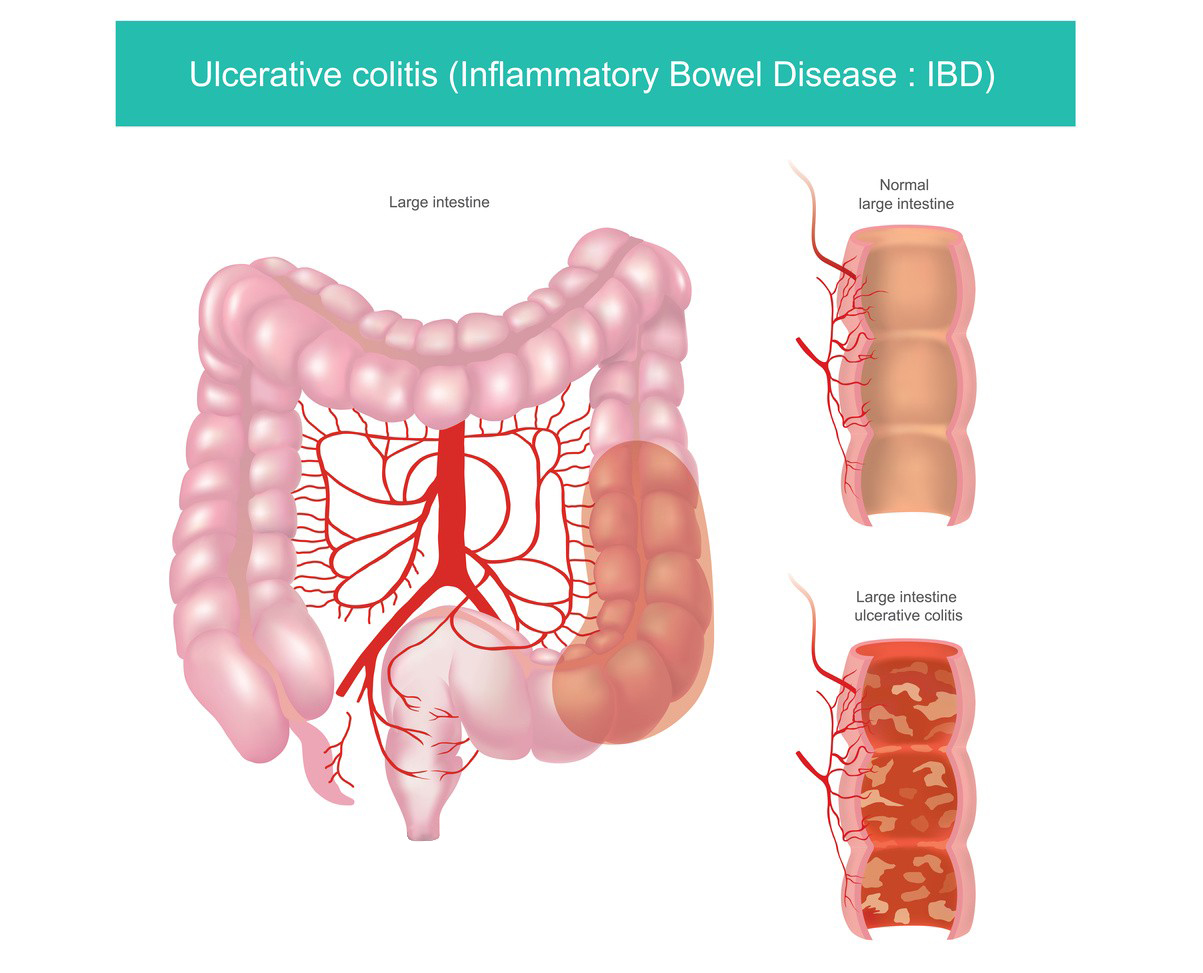BPC-157, or Body Protection Compound-157, is a synthetic peptide that has been investigated for its potential therapeutic effects on various tissues and systems in the body. It is derived from a naturally occurring peptide in the gastric juice called BPC, which stands for Body Protection Compound. The synthetic version, BPC-157, has been studied primarily for its regenerative and healing properties.
Here are some key points about BPC-157:
1.Origin and Structure:
BPC-157 is a peptide composed of 15 amino acids.
It is a synthetic peptide derived from a portion of a larger protein found in the gastric juice.

2.Healing and Regenerative Properties:
BPC-157 has been researched for its potential regenerative effects on various tissues, including tendons, ligaments, muscles, and the gastrointestinal tract.
Studies have suggested that BPC-157 may promote the healing of injuries, reduce inflammation, and accelerate the recovery process.
3.Gastrointestinal Tract Protection:
BPC-157’s original discovery and research focused on its ability to protect and promote healing in the gastrointestinal tract.
It has been studied for its potential in treating conditions such as inflammatory bowel disease (IBD), gastric ulcers, and other digestive system issues.
4.Anti-Inflammatory Effects:
BPC-157 has demonstrated anti-inflammatory properties in various animal studies.
Its ability to modulate the inflammatory response may contribute to its healing effects in injured tissues.
5.Mechanisms of Action:
The exact mechanisms of how BPC-157 exerts its effects are not fully understood. However, it is believed to interact with growth factors, promote the formation of blood vessels (angiogenesis), and modulate certain signaling pathways involved in tissue repair.
6.Administration:
BPC-157 is typically administered through injection, either subcutaneously or intramuscularly.
Research on the optimal dosage and administration protocols is still ongoing.

7.Research Status:
While preclinical studies and animal trials have shown promising results, it’s important to note that BPC-157 is still in the experimental stage, and more research is needed to establish its safety and efficacy in humans.
As of my knowledge cutoff in January 2022, BPC-157 had not received regulatory approval for medical use, and its use outside of clinical trials is not recommended.
It’s crucial to emphasize that individuals should exercise caution and consult with healthcare professionals before using any experimental compounds or peptides, as their safety and efficacy in humans are not well-established, and there may be potential risks and side effects.
